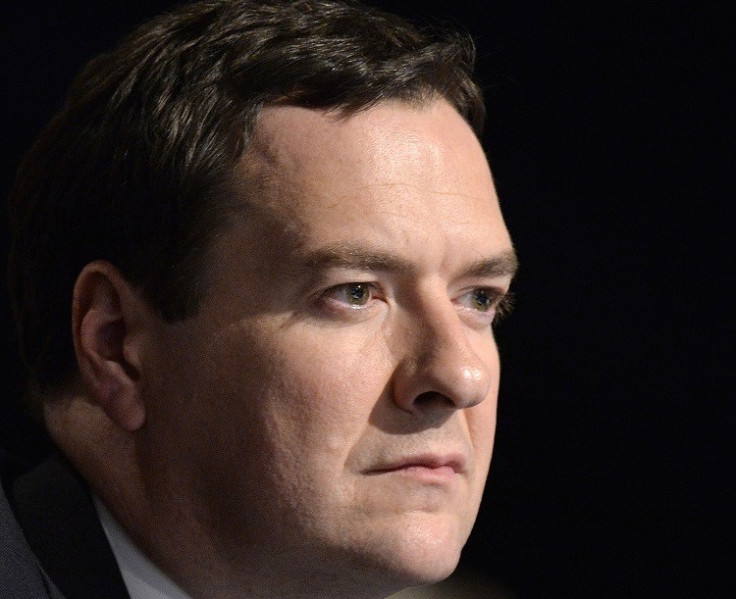HSBC Warns George Osborne: Focus on Quality of UK Recovery

HSBC is warning Chancellor George Osborne to "start focusing on the quality" of the UK's economic recovery amid a number of concerns about the underlying forces driving the return to growth.
The demand imbalance created during the pre-crisis years of free-flowing credit has not abated and the UK is still heavily reliant on debt-fuelled consumption, leaving a current account deficit. Service sector firms have seen output return to pre-crisis norms, while manufacturing output is still around 10% lower.
Furthermore, forward guidance by the Bank of England on the future path of interest rates has been blunted by better-than-anticipated data from the UK economy, leaving borrowers exposed to a "nasty surprise" if the base rate is hiked earlier than expected.
"Following the pre-crisis credit boom, the UK needs less consumption and more saving and investment," said Simon Wells, HSBC's chief UK economist, in a research note.
"It needs to import less and export more and, as part of this, probably shift away from services and towards manufacturing.
"This is well known but since 2007, activity has become more unbalanced. And with policies to boost the housing market alongside the BoE's intention to keep interest rates low for several more years, the UK risks a return to bad habits.
"Deferring an inevitable adjustment down the road may make it more painful when it finally occurs."
Wells added: "The recovery is welcome but the UK needs to look beyond just the quantity of growth and start focusing on the quality."
Moreover, the push towards cheap mortgage credit - spurred on by the Help to Buy and Funding for Lending schemes - is supporting a housing market recovery which in itself carries risks.
While Wells said Help to Buy "should be applauded" if it is trying to "fix a genuine market failure, say because uncertainty and pressure to deleverage is preventing banks from taking an optimal level of risk", he also cautioned against it.
"If, on the other hand, the scheme is encouraging people to take on more debt that may not be feasible given future incomes, it is another example of a policy deferring a longer-term rebalancing," he said.
"This could make an inevitable eventual adjustment even more painful."
New mortgage borrowers, lifted in confidence by the BoE forward guidance, would also be exposed to any interest rate shocks as the UK recover gathers pace quicker than forecasters expected.
© Copyright IBTimes 2024. All rights reserved.






